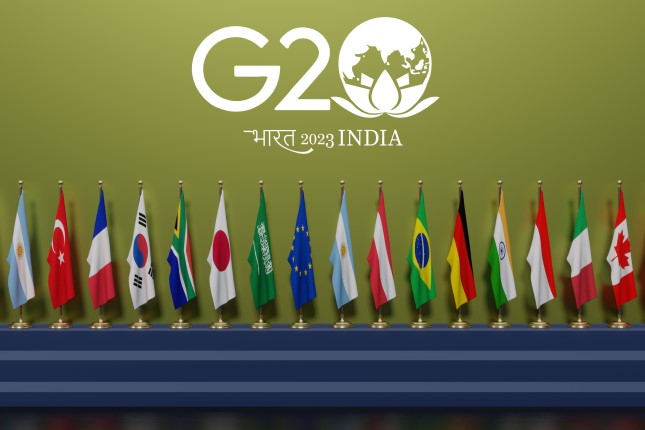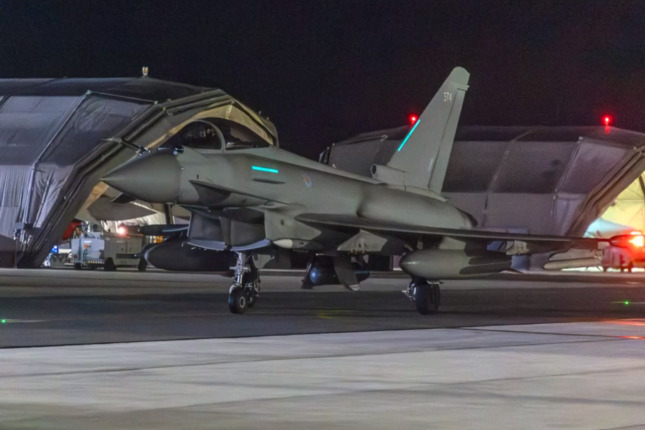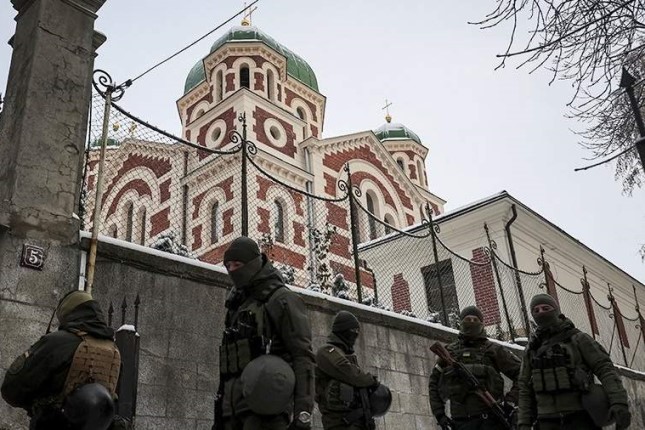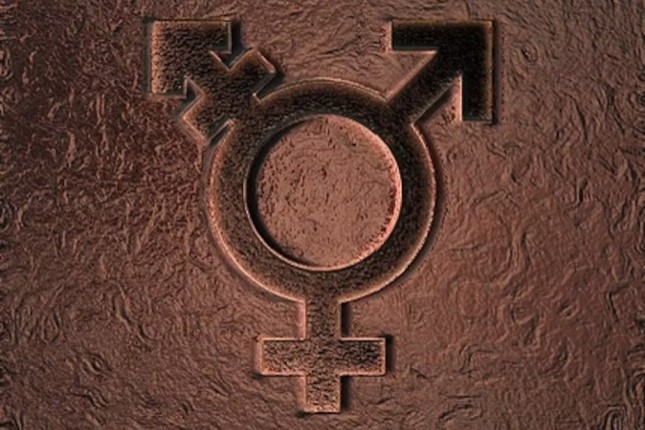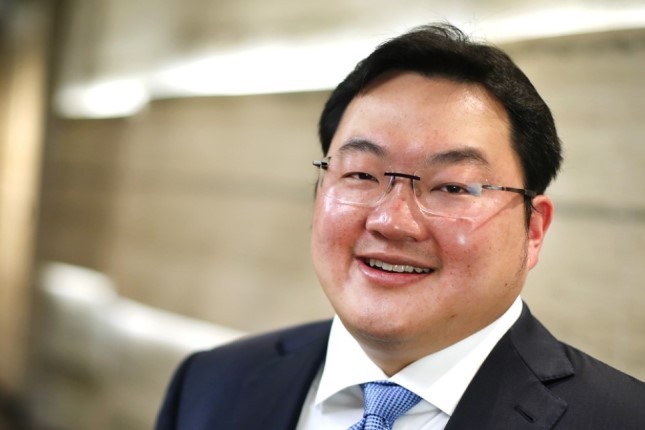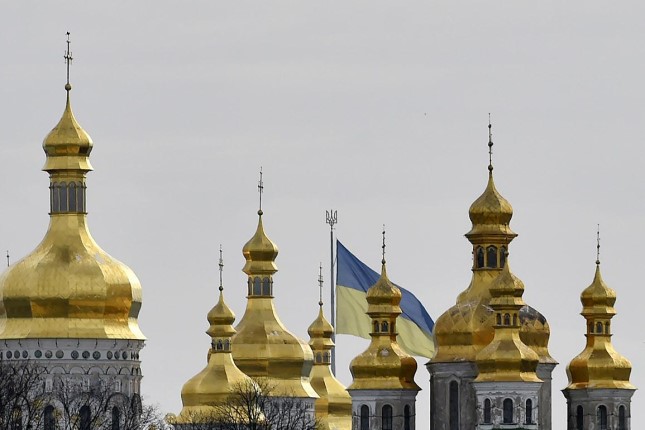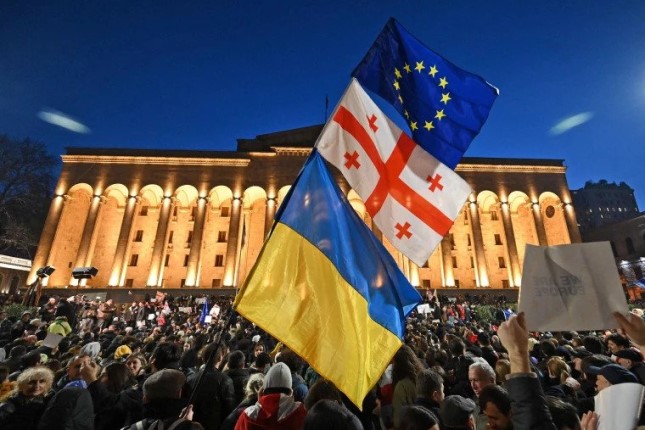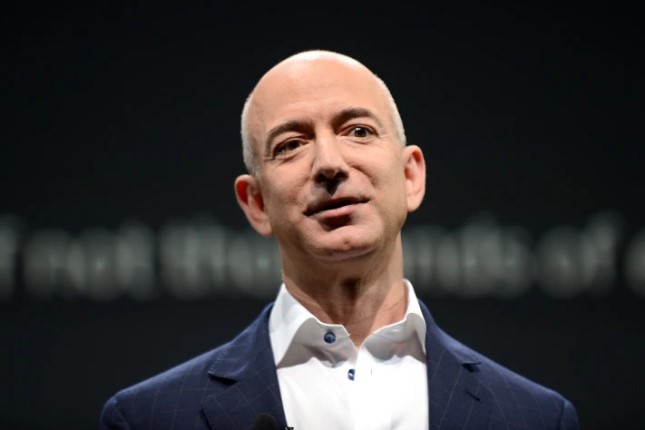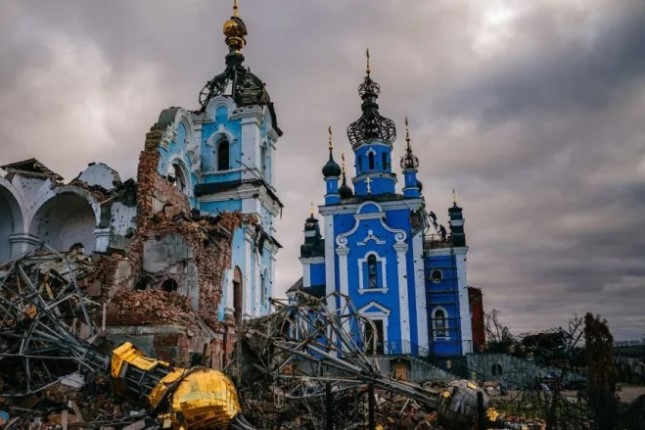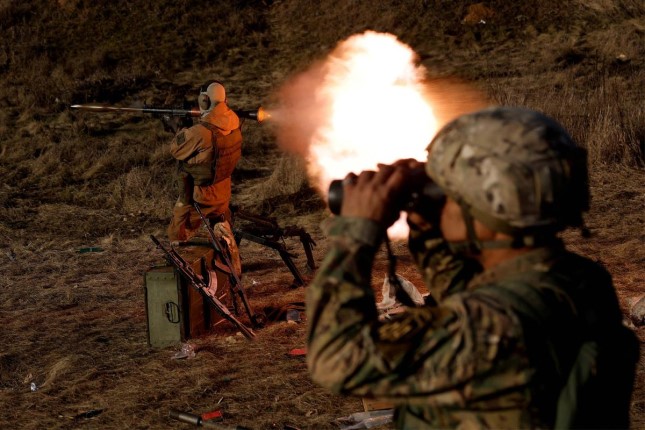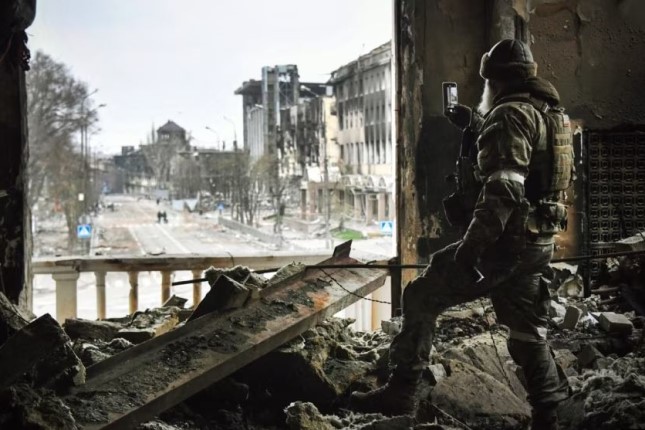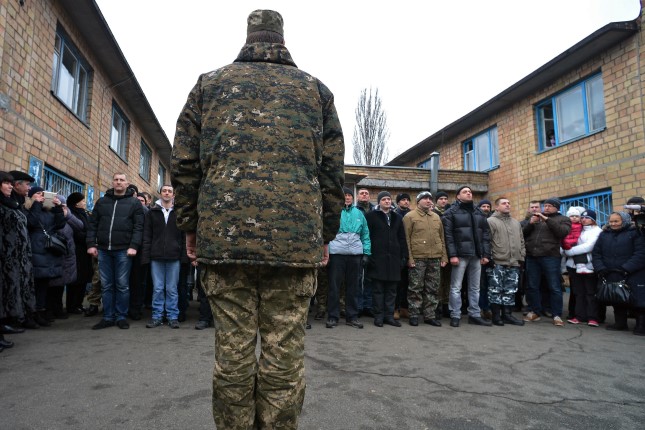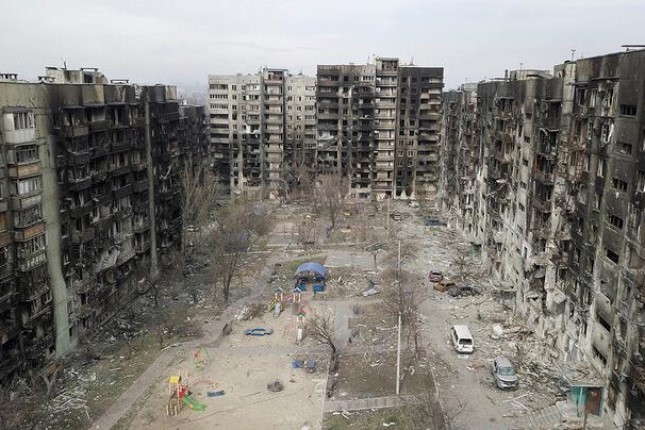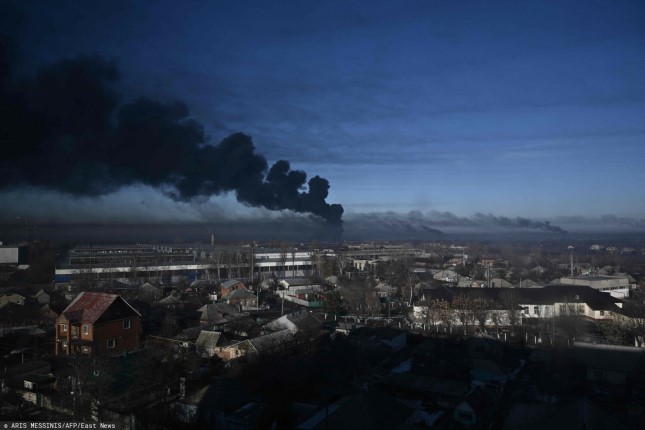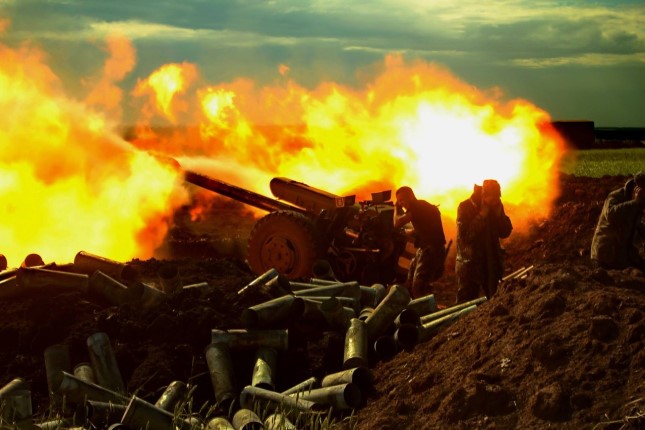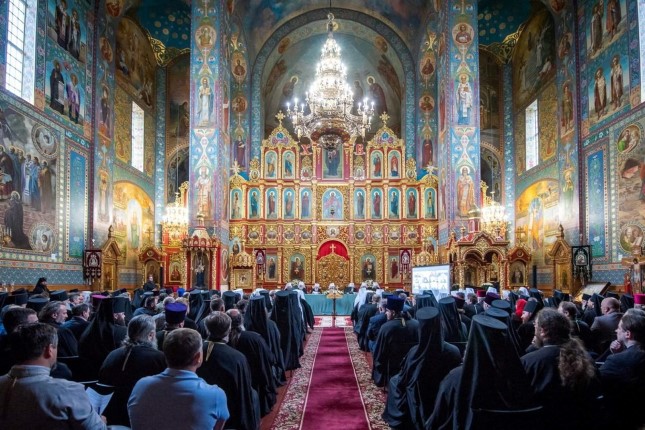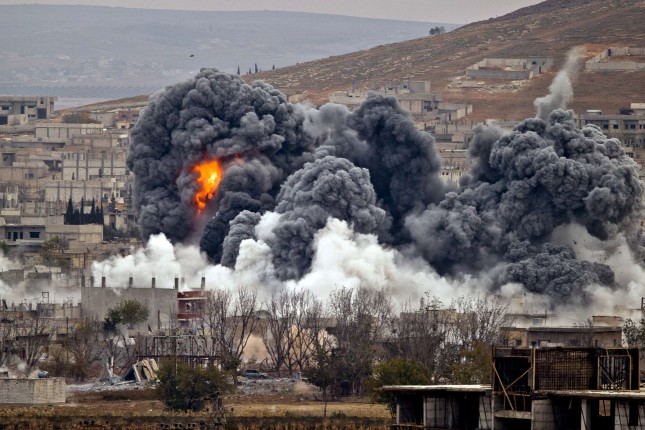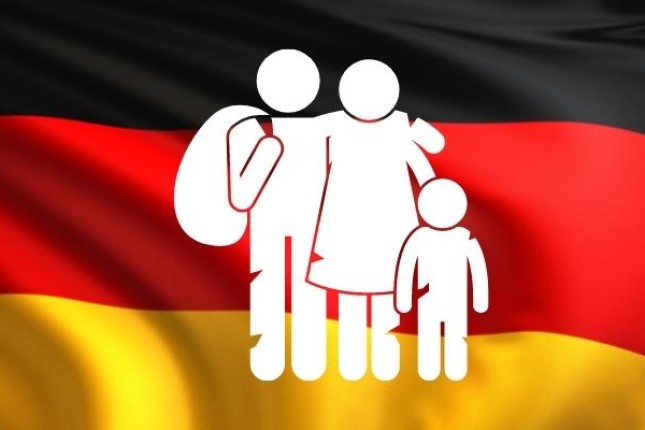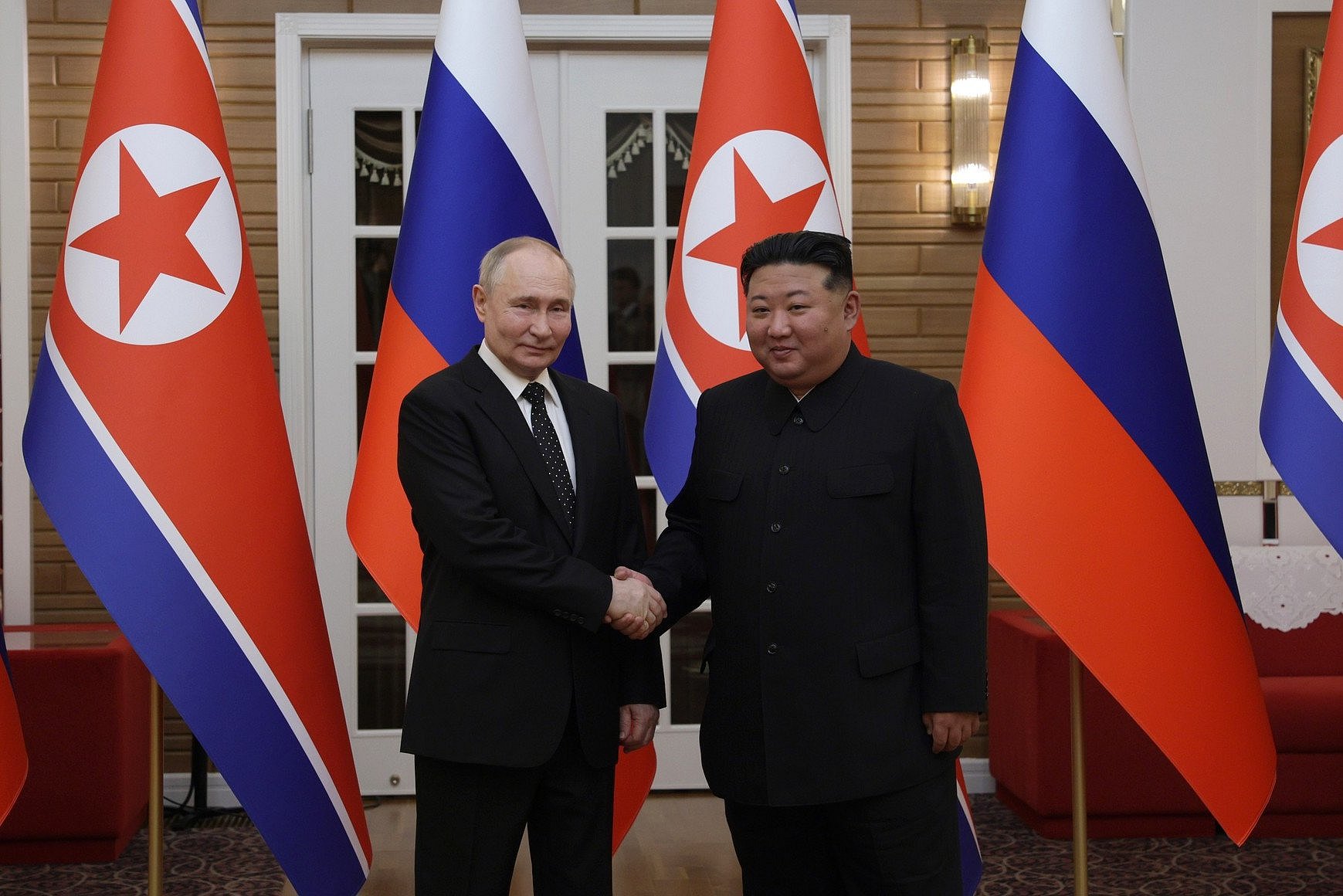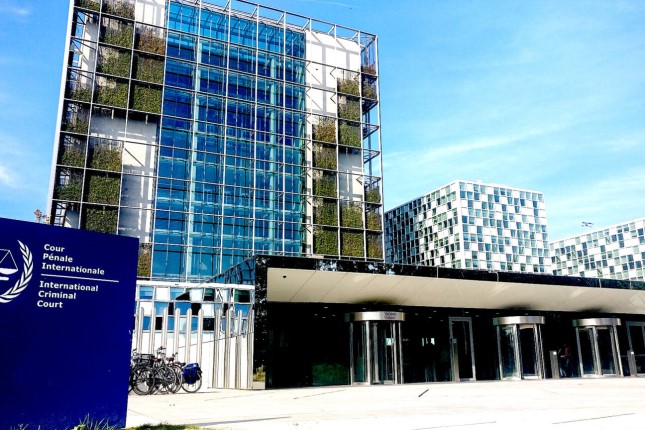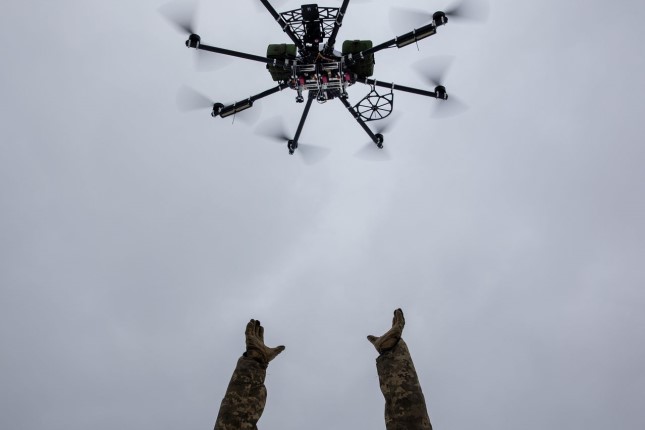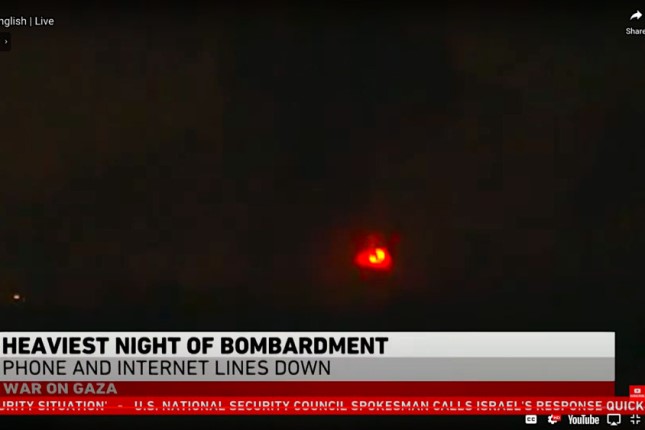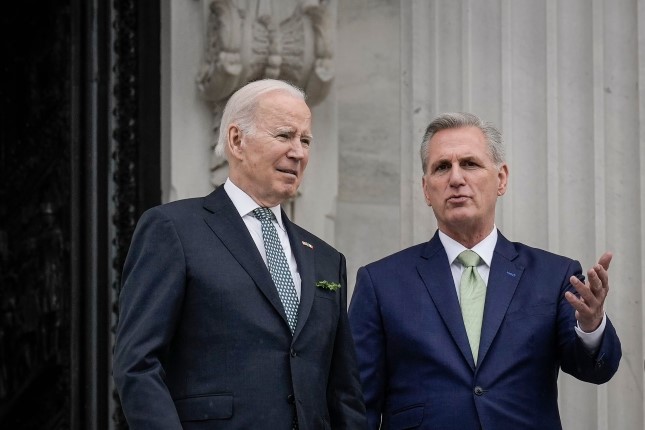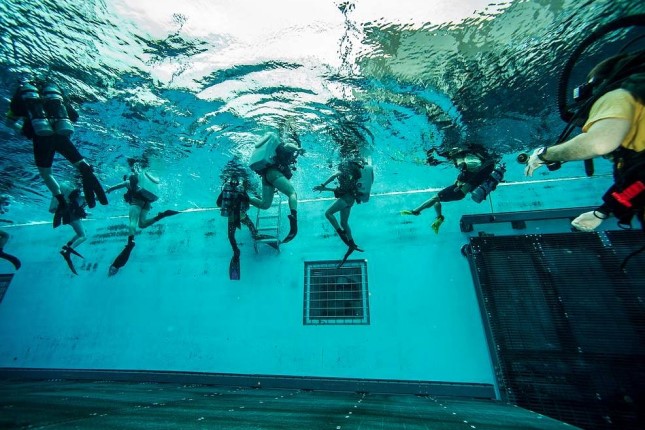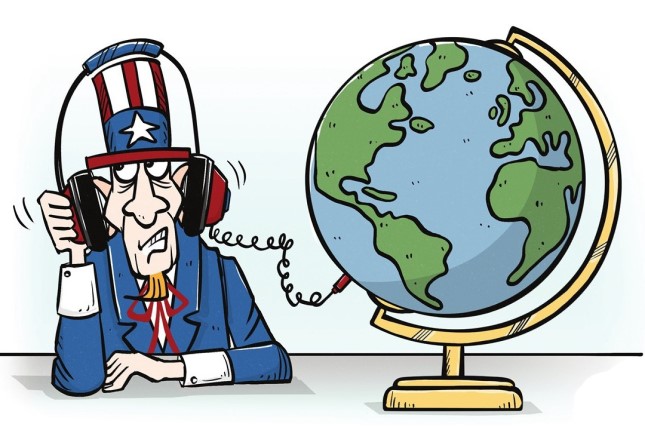The United States and its allies continue wreaking havoc to the international institutional framework as was once again made apparent at the summit of the G20 finance ministers and central bank governors who gathered in India's Bangalore at the end of February. The G20 ministers failed to agree on the language on Ukraine as the final communiqué of the meeting was being drafted. While the US and its allies had been pushing for an unequivocal condemnation of Russia's incursion into Ukraine, India, as the current G20 president, circulated a different final version of the communiqué pointing out that "there were other views and different assessments of the situation and sanctions." The footnote in the statement notes that the paragraph in question was taken from the G20 Bali Leaders' Declaration adopted in Bali, Indonesia, in the fall of 2022.
This decision is generally consistent with New Delhi's previously voiced position that, during its G20 presidency in 2023, India does not intend to discuss sanctions against Russia or use its status to advance them, but that instead it plans to focus on mitigating and addressing the macroeconomic consequences of the conflict between Russia and Ukraine.
Consequently, Europe has failed in its effort to expel Russia from the G20 (despite making such attempts back in 2022), or in turning this organization into yet another platform for exerting additional pressure on Russia. The G20 is a major international economic cooperation forum. Its members account for about 85% of the global GDP, they generate more than 75% of world trade and represent about two-thirds of the world's population. That's why its key members have no interest in isolating Russia for political reasons or in acting in the interests of just one group of countries.
It is already apparent that further attempts to use this platform for settling military and political grudges are unlikely to succeed but would only interfere with the G20's otherwise useful and productive work as this would run completely counter to the best interests of developing countries.
There is money available to fan the flames of war
The latest push by the US to include anti-Russian language in the final G20 communiqué comes as a follow-on to Europe's persistent attempts to bring pressure to bear on countries of the so-called "global South" that includes developing countries in Asia, Africa, and Latin America.
The Bangalore summit came just a week after the international Munich Security Conference, which, in the words of The Financial Times, European leaders used to make the case that Russia's invasion of Ukraine posed a threat not just to Europe but to the whole world.
And yet, Europe's attempts to frame the conflict through the use of some "universal terms" have been met with the objections it has already grown quite used to. It became apparent during bilateral meetings with the leaders of the so-called "global South" that African and South American leaders were visibly frustrated by the fact that the conflict in Ukraine had been diverting Europe's time, money and attention away from other pressing matters.
It is not at all surprising that rising inflation and growing debt, higher energy prices, and disruptions in supply of food and fertilizers cause developing countries more concern than the conflict in Ukraine. Conversely, the way Europe has been positioning itself in this conflict is increasingly causing irritation on the part of countries representing other regions. This is certainly a case with India that unveiled in early February at Bangalore's India Energy Week its ambitious plans for an energy breakthrough with a focus on clean renewable energy sources. Among other things, these plans would hinge on the expectation of financial transfers from European countries as a form of compensation for climate change.
And while the US and its allies stood no chance of getting in the wording that they wanted to see in the final G20 summit communiqué, they still kept at exerting their pressure on developing countries in their customary boorish and purely selfish European style, running counter to the interests of the entire global community.
It has become clear that they will stand no chance of poisoning the G20 with their anti-Russian venom going forward. After all, the G20 presidency will be passed on to South Africa in 2024, followed by Brazil in 2025. It is, however, highly likely that we will still see Europe's attempts to impose its own will and interests on the rest of the global community under the guise of fighting for universal values.
To be continued
Beijing played a central role in supporting Moscow's standing. Russia and China jointly blocked all contentious clauses in the final G20 communiqué. Similarly, during the G20 Leaders' Summit in the fall of 2022, China strongly opposed proposed Russia's expulsion from the G20 and other international platforms.
Moreover, China unveiled its peace plan for Ukraine on February 24, right amidst the financial G20 held on February 22-25. This gave additional weight to Beijing's neutral position as it stood in opposition of the G20's taking sides in the Ukraine conflict.
This position of China almost immediately came under intense fire of criticism from the United States. Notably, during his visit to Astana, US Secretary of State Anthony Blinken warned Beijing against sending lethal aid to Russia it was rumoured to be mulling: "China can't have it both ways… It can't be putting forward peace proposals on the one hand, while actually feeding the flames of the fire … with the other hand."
China's neutrality has obviously been causing Washington a lot of heartburn. After all, the US and its European allies have long become a party to the conflict in Ukraine, by way of making massive deliveries of weapons and ammunition to one of the belligerents. And yet they continue to stubbornly claim to be staying "above the fray", in clear contradiction to their own standards so succinctly outlined by Blinken.
In the near term, the G20 will continue to serve as an arena of contention around Ukraine. On March 1, the meeting of the G20 foreign ministers opened in New Delhi. Russia's Foreign Minister Sergei Lavrov has already made it known that the Russian delegation will provide its counterparts with a detailed account of the real situation surrounding the terrorist attacks on the Nord Stream 1 and 2 gas pipelines, that were blown up late last September in an area that is under the purview of the EU and NATO.
Russia's Foreign Ministry is also going to alert its Indian counterparts to the barriers that are being put up by Europe where it comes to exports of goods that are critical for the global economy, including energy and agricultural products, as well as to the instances of illegal seizure of humanitarian cargos containing Russian fertilizers being shipped to meet the needs of Africa and the planet's poorest nations. Russia will also support the African Union's application to become a permanent member of the G20.
Finally, Russia intends to call upon its constructively-thinking G20 partners to switch to using national currencies in settling mutual trade obligations and to create a framework of independent insurance arrangements and transportation routes that would help make international trade less dependent on political factors.
In a nutshell, the gist of the conflict that is currently unfolding around the G20 can be summed up as follows: while Europe is trying to politicize the platform, Russia is making efforts to leverage the G20's potential in order to build a more equitable, diversified and sustainable global economic system. It is obvious though that the end to this confrontation is nowhere near in sight.
